Elissa Welle was a news reporter for The Transmitter from 2023 to 2024, where she covered neurodegeneration and a smorgasbord of other basic neuroscience research. Before joining the newsroom in late 2023, she worked as an intern reporter for Reuters, Nature, STAT News and The Detroit Free Press. She has also written for The Chronicle of Higher Education and her alma mater’s student newspaper, The Michigan Daily. Her days as a scientist were spent designing and fabricating tiny electrodes for single-neuron electrophysiology recordings.

Elissa Welle
Former reporter
The Transmitter
From this contributor
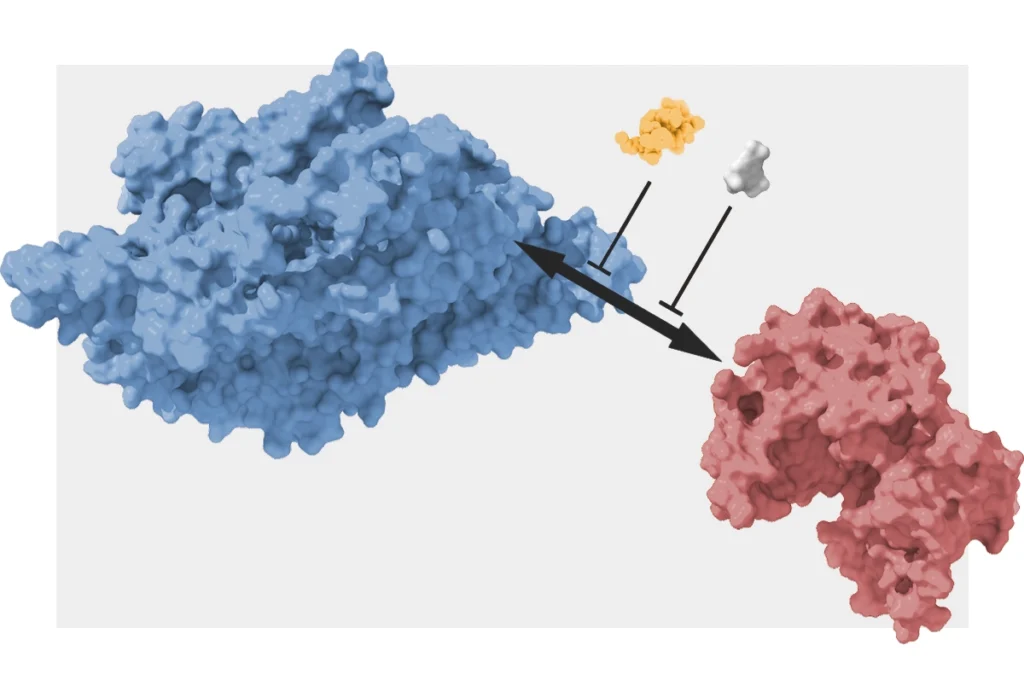
Persistent protein pairing enables memories to last
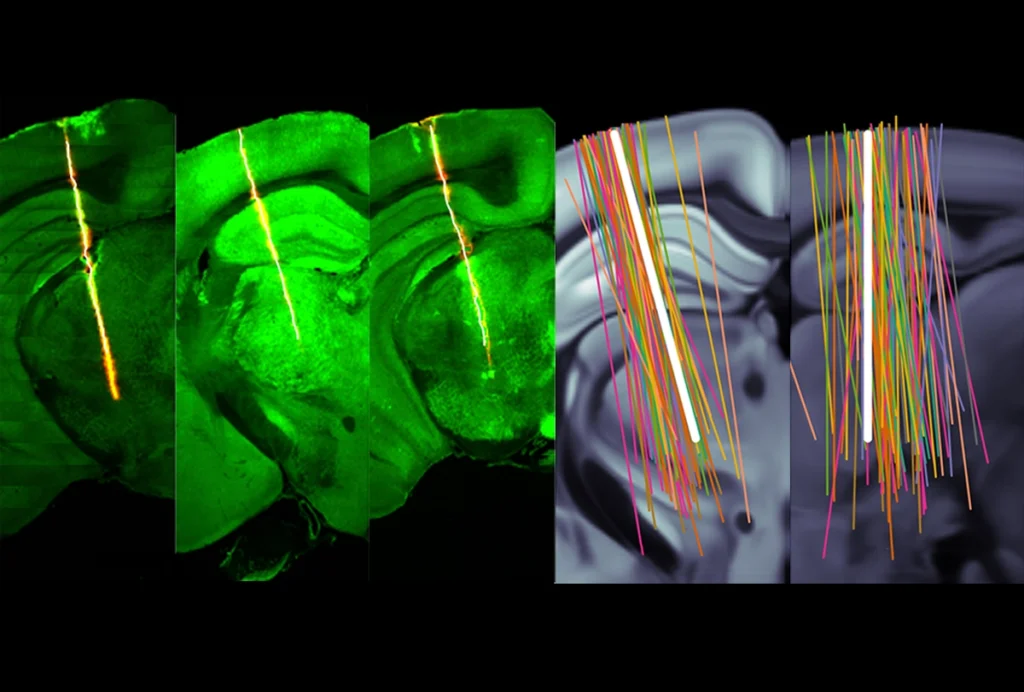
10 standards for brain electrode-array recordings enhance reproducibility
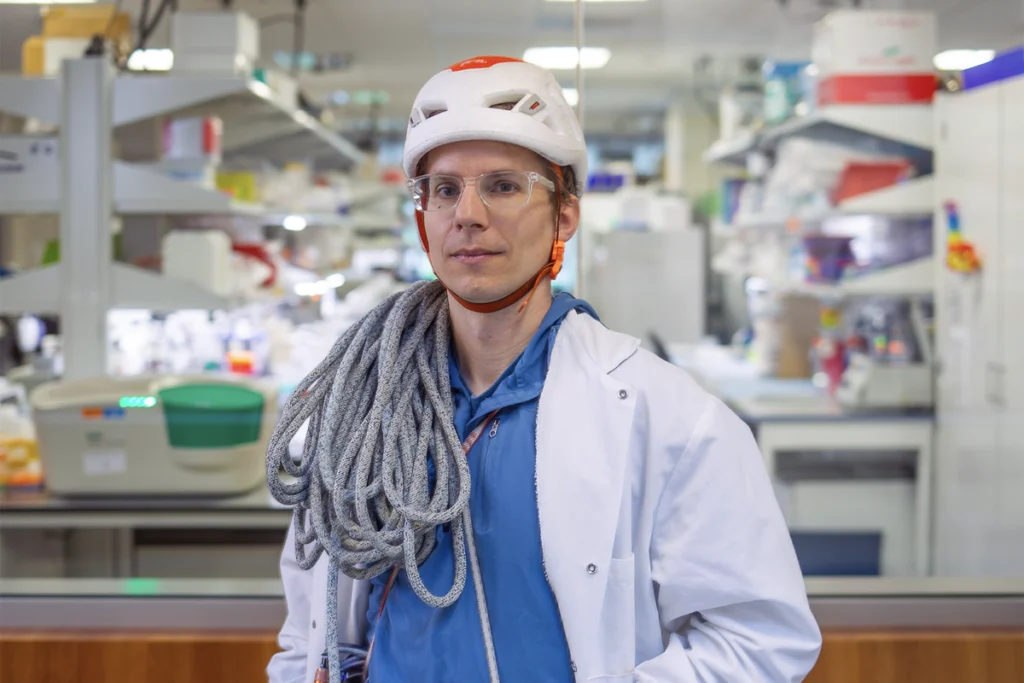
Climbing to new heights: Q&A with Kaspar Podgorski
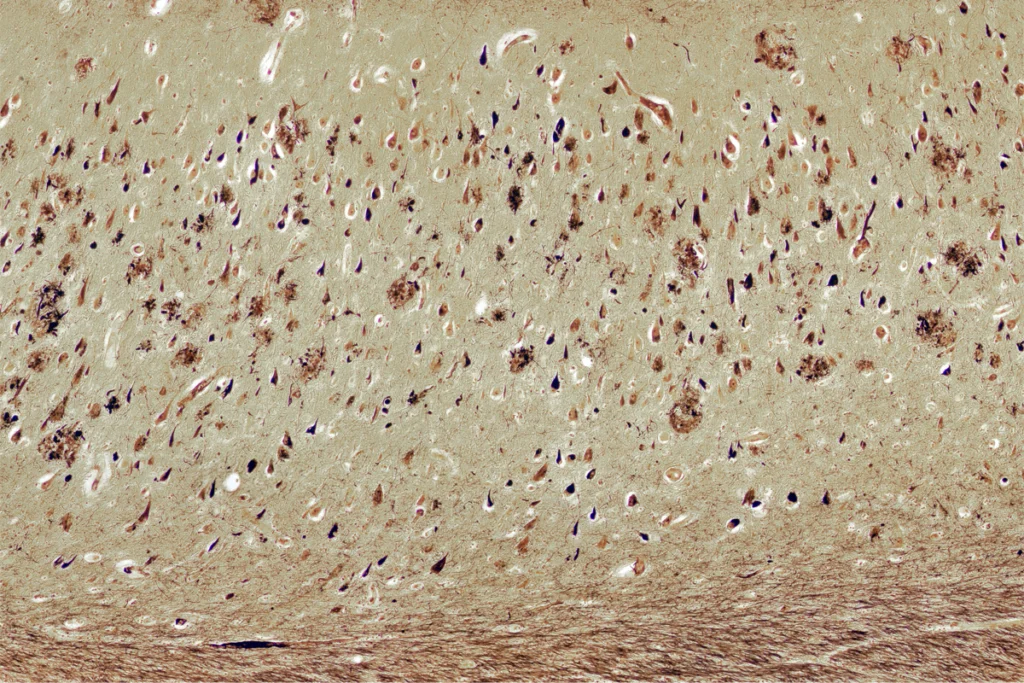
Reviving ‘inside-out’ hypothesis of amyloid beta to explain Alzheimer’s mysteries
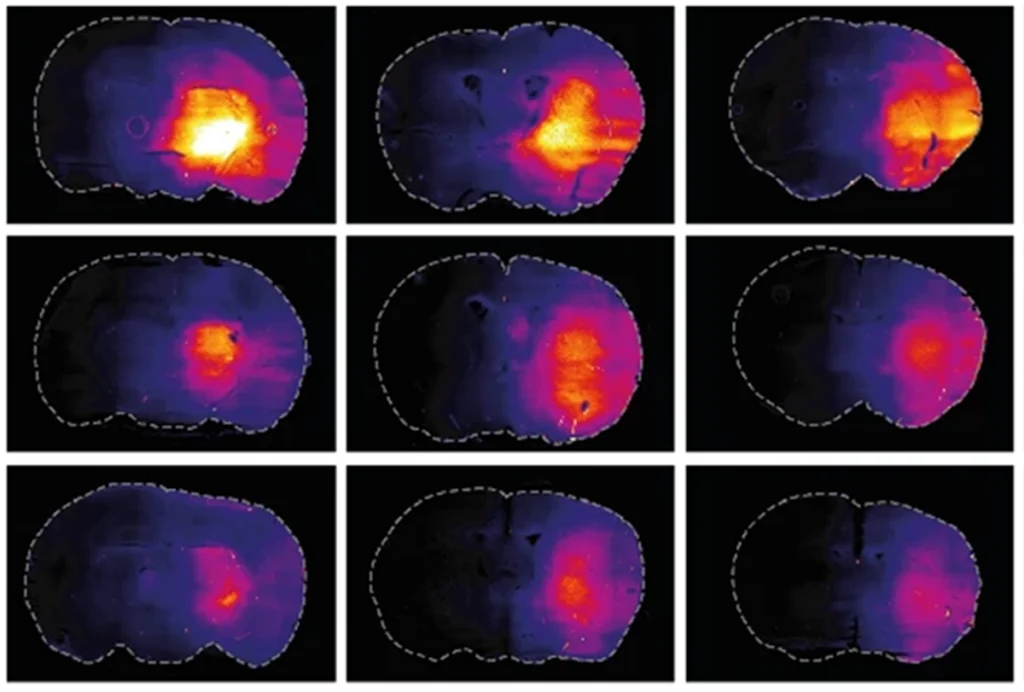
New method reignites controversy over brain clearance during sleep
Education
- M.S. in science journalism, University of California, Santa Cruz
- Ph.D. in biomedical engineering, University of Michigan
- B.S. in bioengineering, Cornell University
Fellowships
- AAAS Mass Media Fellowship in 2022
Articles
- “Utah array characterization and histological analysis of a multi-year implant in non-human primate motor and sensory cortices” | Journal of Neural Engineering
- “Sharpened and mechanically durable carbon fiber electrode arrays for neural recording” | IEEE Transactions on Neural Systems and Rehabilitation Engineering
- “Multi-channel intraneural vagus nerve recordings with a novel high-density carbon fiber microelectrode array” | Scientific Reports
- “Ultra-small carbon fiber electrode recording site optimization and improved in vivo chronic recording yield” | Journal of Neural Engineering
Explore more from The Transmitter
Dendrites help neuroscientists see the forest for the trees
Dendritic arbors provide just the right scale to study how individual neurons reciprocally interact with their broader circuitry—and are our best bet to bridge cellular and systems neuroscience.

Dendrites help neuroscientists see the forest for the trees
Dendritic arbors provide just the right scale to study how individual neurons reciprocally interact with their broader circuitry—and are our best bet to bridge cellular and systems neuroscience.
Two primate centers drop ‘primate’ from their name
The Washington and Tulane National Biomedical Research Centers—formerly called National Primate Research Centers—say they made the change to better reflect the breadth of research performed at the centers.

Two primate centers drop ‘primate’ from their name
The Washington and Tulane National Biomedical Research Centers—formerly called National Primate Research Centers—say they made the change to better reflect the breadth of research performed at the centers.
Post-infection immune conflict alters fetal development in some male mice
The immune conflict between dam and fetus could help explain sex differences in neurodevelopmental conditions.

Post-infection immune conflict alters fetal development in some male mice
The immune conflict between dam and fetus could help explain sex differences in neurodevelopmental conditions.